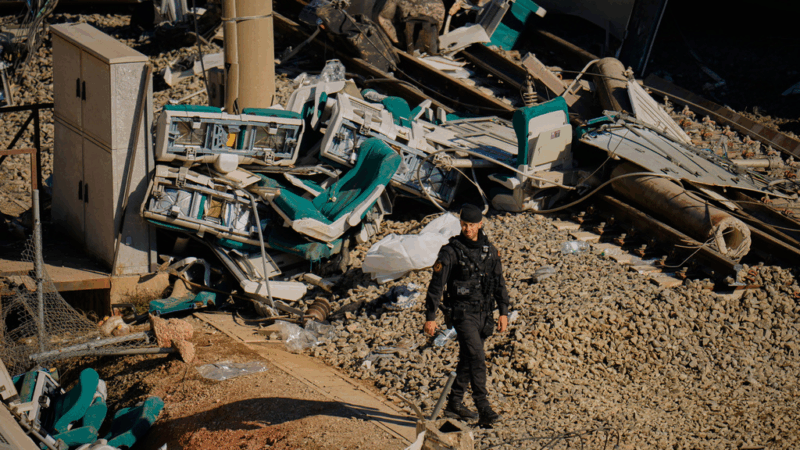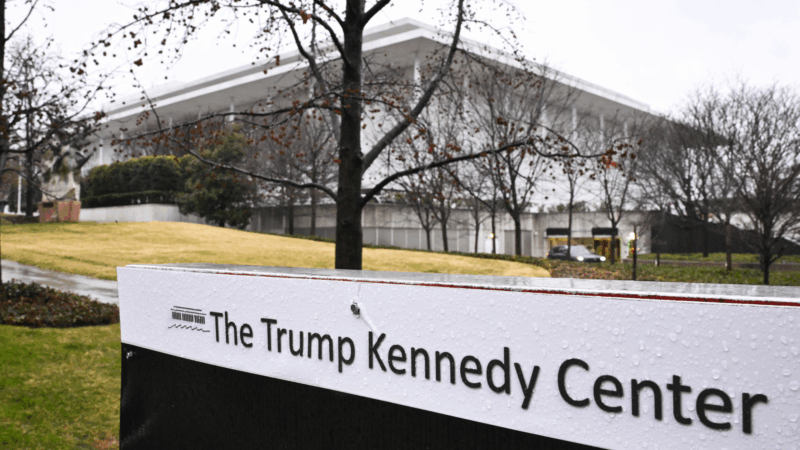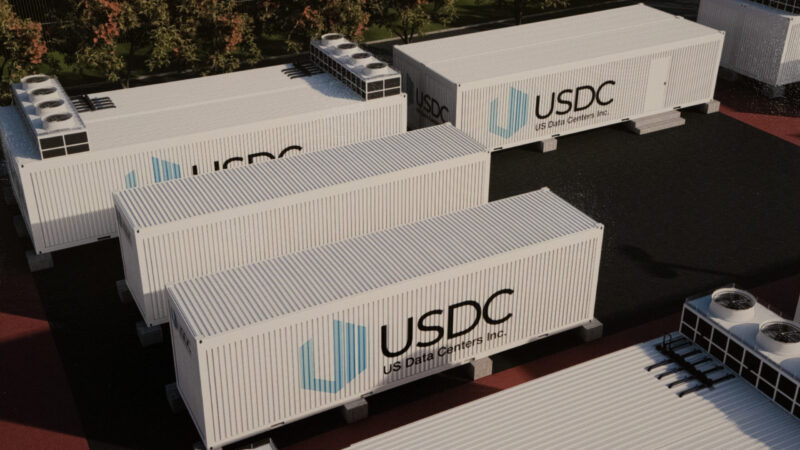Trump ally Steve Bannon pleads guilty and avoids jail time in border wall fraud case
NEW YORK — Steve Bannon pleaded guilty on Tuesday to defrauding donors to a private effort to build a wall on the U.S. southern border, ending a case the conservative strategist decried as a “political persecution.”
Spared from jail as part of a plea deal, he left court saying he “felt like a million bucks.”
Bannon, a longtime ally of President Donald Trump, pleaded guilty in state court in Manhattan to one count of scheme to defraud, a low-level felony. The case involved We Build the Wall, a non-profit that Bannon himself once suspected was a scam.
Bannon, 71, must stay out of trouble for three years to avoid additional punishment, including possible jail time. He also can’t raise money or serve as an officer or director for charities in New York and can’t use, sell, or possess any data gathered from border wall donors.
Bannon had been scheduled to go to trial March 4.
His lawyer, Arthur Aidala, said Bannon wanted to “put up a fight,” but opted to plead guilty after weighing how a jury in heavily Democratic Manhattan might judge him. Under the deal, prosecutors agreed to drop money laundering and conspiracy charges against him.
Bannon’s plea deal came just days after U.S. Attorney General Pam Bondi ordered the Justice Department to investigate what Trump called the ” weaponization of prosecutorial power.”
Outside court, Bannon urged Bondi to immediately open criminal investigations into Manhattan District Attorney Alvin Bragg, whose office prosecuted him, and New York Attorney General Letitia James, who sued Trump over his business practices and is leading legal challenges to his administration’s policies. Both are Democrats.
Bragg “can call a grand jury at any time” and “set up criminal charges on the most bogus efforts,” Bannon said. He called James the “queen of lawfare” and warned that Trump and his allies “ought to be worried about this out-of-control city.”
Bragg and James’ office didn’t immediately respond to Bannon’s comments.
Bragg took up the case and charged Bannon with state offenses after Trump cut a federal prosecution short with a pardon in the final hours of his first term in 2021. Presidential pardons apply only to federal crimes, not state offenses.
Bannon was charged with falsely promising donors, including some in New York, that all money given to We Build the Wall would go toward erecting a wall along the U.S.-Mexico border. Instead, prosecutors alleged the money was used to enrich Bannon and others involved in the project.
The campaign, launched in 2018 after Trump fired Bannon as his chief strategist, quickly raised over $20 million and privately built a few miles of fencing along the border. It soon ran into trouble with the International Boundary and Water Commission, came under federal investigation and drew criticism from Trump, the Republican whose policy the charity was founded to support.
“This resolution achieves our primary goal: to protect New York’s charities and New Yorkers’ charitable giving from fraud,” Bragg said in a statement. He added that “New York has an important interest in rooting out fraud in our markets, our corporations, and our charities, and we will continue to do just that.”
Until recently, Bannon appeared set on taking the case to trial.
He hired new lawyers, including Aidala, and began plotting an aggressive defense strategy after Judge April Newbauer ruled prosecutors could show jurors certain evidence, including an email they say showed Bannon was concerned the fundraising effort wasn’t legit.
“Isn’t this a scam? You can’t build the wall for this much money,” Bannon wrote in an email, according to prosecutor Jeffrey Levinson. He said Bannon went on to add: “Poor Americans shouldn’t be using hard-earned money to chase something not doable.”
In January, Bannon’s lawyers filed papers asking Newbauer to throw out the case, calling it an “unconstitutional selective enforcement of the law.” The judge had been expected to rule on Tuesday before Bannon’s plea deal made the request moot.
Two other men involved in the We Build the Wall project, Brian Kolfage and Andrew Badolato, pleaded guilty to federal charges and were sentenced to prison. A third defendant, Timothy Shea, was convicted and also sentenced to prison.
Bannon went to prison in an unrelated case last year, serving four months at a federal lockup in Connecticut for defying a subpoena in the congressional investigation into the U.S. Capitol attack on Jan. 6, 2021. He was released in October.
‘The miracle’: A 6-year-old walked away from the train wreck that killed her family
Her parents, brother and cousin were killed in the collision, but the girl was found walking barefoot on the tracks. She's being cared for by grandparents after receiving three stitches in her head.
Here’s who’s canceled their Kennedy Center performances since Trump took over
The Martha Graham Dance Company is just the latest to say they will no longer perform at the Kennedy Center since Trump took over last year.
An Alabama mayor signed an NDA with a data center developer. Read it here.
The non-disclosure agreement was a major sticking point in a lively town hall that featured city officials, data center representatives and more than a hundred frustrated residents.
The divorce between the U.S. and WHO is final this week. Or is it?
The U.S. is the only country allowed to withdraw from the World Health Organization. And Jan. 22 is the day when Trump's pullout announcement should go into effect. But ... it's complicated.
Trump’s Board of Peace has several invited leaders trying to figure out how it’ll work
It's unclear how many leaders have been asked to join the board, and the large number of invitations being sent out, including to countries that don't get along, has raised questions about the board's mandate and decision-making processes.
Researchers find Antarctic penguin breeding is heating up sooner
Warming temperatures are forcing Antarctic penguins to breed earlier and that's a big problem for two of the cute tuxedoed species that face extinction by the end of the century, a study said.








